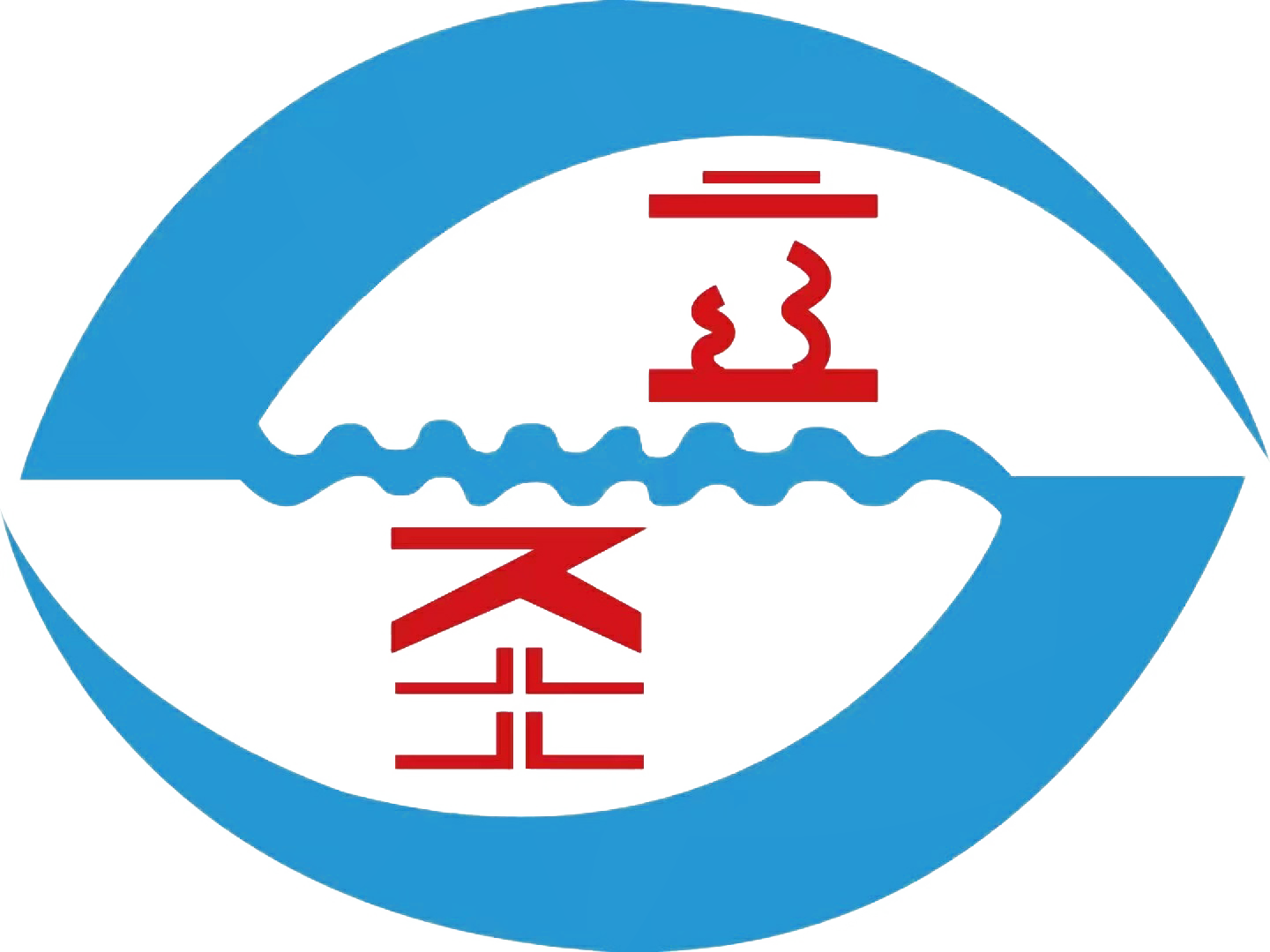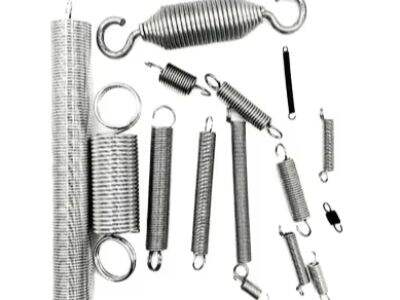Tension spring hook is widely used in many applications such as automotive, construction machinery and electric household goods. Yet there can be a number of causes behind the failure of these hooks, which reduces performance and can even pose safety risks. In this article, we will examine the primary reasons tension spring hooks fail, common problems that occur and how to prescribe “lifecycles” for compression extension spring.
How and Why Tension Spring Hook Breaks Take Place?
The off-tensioning spring hook may fail for multiple reasons, such as material fatigue, incorrect installation, corrosion and overload. Material fatigue is when a spring is repeatedly stressed and so becomes tired. Faulty installation, such as not properly anchoring the hook, can also cause a problem. Other factors which can reduce load carrying capacity of the hook are corrosion from damp or chemicals and overloading, overstressing of the spring, leading to stretching or breaking.
For avoiding of failure in a tension spring hook, the use of appropriate materials is required as well as to install it correctly, periodically inspect to detect sign of corrosion and not to be married with overloading at dummy load. Frequent checking and cleaning of the tension spring hooks will also indicate any impending problems.
Tension Spring Hook Failure – What Causes It?
Material, as should be no surprise, is one of the leading causes of a Tension spring hook failure. Improper selection of materials or using substandard materials for the application may result in short life. Another cause is poor design with the hook not being sufficient enough in size or form to bear the load presented thereto. Further, environmental conditions such as high and low temperatures, moisture, chemical exposure can detrimentally affect the grip of the hook over a period of time.
In order to overcome these factors, such a good manufacturer like Lisheng Spring Co., Ltd. will have to use premium material and custom design the hooks based on proper load conditions. Good maintenance and tracking of these environmental factors will also help prevent tension spring hooks from failing prematurely.
Solutions to Common Hook Defect Causes in Tension Springs
Bending, stretching and rust are some of the problems that tension spring hooks can experience. It may bend if under great weight or impacted, resulting in deformation. Stretching occurs when the spring is overloaded, and causes the hook to open. The material can also degrade over time from corrosion and weaken the hook.
To combat such problems, it is important to periodically check the hooks of tension spring for bend or extended damage and replace them if required. The hooks can be treated with a protective layer to avoid corrosion over time and make the spiral tension spring last longer. Also making sure that the spring isn't being taken into overload as this can cause stretching and eventual break.
How to extend the life of your tension spring hooks?
Follow standard installation procedures and keep an eye on the condition of your tension spring hooks, replacing them when you notice any sign of wear or damage. Choosing high-quality materials and working with a respected manufacturer such as Lisheng Spring Co., Ltd can help to make certain that the hooks meet standards of industry and are capable of standing up to what is required.
The life span of the tension spring can be prolonged by these simple routine maintenance works, like cleaning and lubricating of hooks. Keep an eye on the workspace conditions the hooks are working in, and adjust when necessary to avoid early failure and prolong spring life.
Top Suggestions in Retaining the Performance of Tension Spring Hook
Check your spring hooks frequently for bending, wear or stretching.
Please make sure to go through the steps for installation to ensure that the hooks are securely fastened and aligned correctly.
Do not stretch spring beyond their capacity as it may cause to break.
Cover the hooks with a protective layer to prevent them from rusting and make them last longer.
Partner with a reliable maker like the Lisheng Spring Co., Ltd. for quality materials and design.
With just a few tricks and by addressing typical problems in a timely manner, you can effectively keep your Tension Spring performing optimally, extending their lifespan across a range of industrial applications. Quality materials, quality installation and a good maintenance program can reduce failures on the front end, and keep your operation rolling down the highway.

